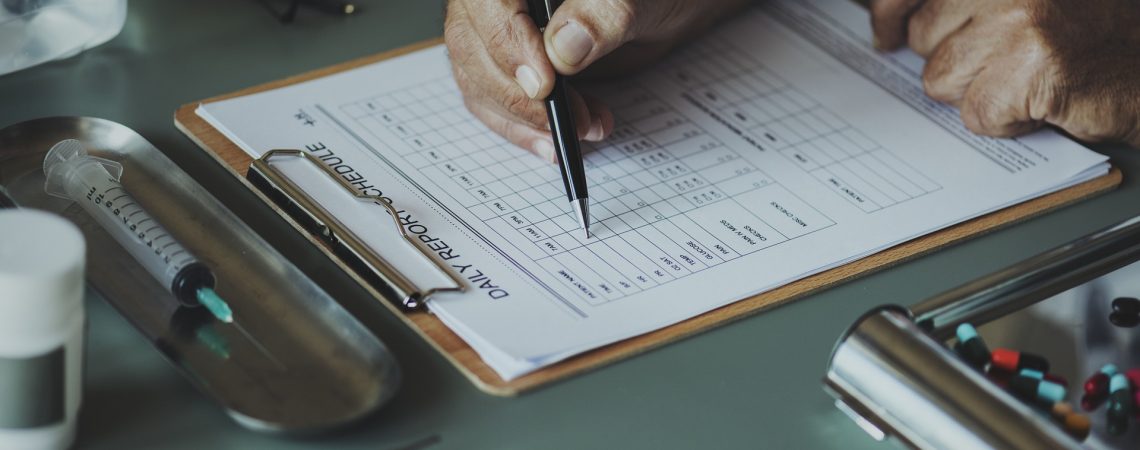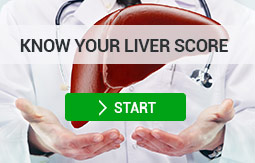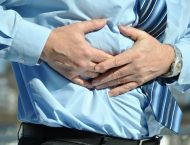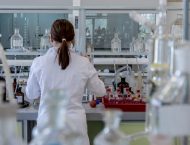What’s in this article
- What is a liver cyst?
- What causes liver cysts?
- Signs & symptoms
- Treatment
What is a liver cyst?
Liver cysts are fluid-filled sacs that form on the liver. They are not cancerous and usually do not cause any damage to the liver unless symptoms occur. According to the Liver Foundation, liver cysts occur in about 5% of the population. It is possible to just have one, which is a simple cyst, however, some people may have many which is referred to as polycystic liver disease (PLD). The liver can continue to function normally even with many cysts present.
What causes liver cysts?
Liver cysts are caused by a deformity in the bile ducts. The bile ducts are used to transport bile made by the liver to be stored in the gallbladder, bile aids in digesting what we eat. The exact cause of these deformities is unknown. Some sufferers of liver cysts are born with them and some develop them later in life. According to Healthline, there is a link between the parasite echinococcus and liver cysts. This parasite is often found where cattle and sheep live and you can become infected from eating food that is contaminated with the parasite. Echinococcus can cause cysts to develop all over the body, including the liver.
Polysistic liver disease, however, is often an inherited disease. If you have a family history of PLD it is more likely that you will develop the disease. PLD can also develop for no reason.
Signs & symptoms
Liver cysts often cause no symptoms at all and can go undiagnosed for years, only 5% of people who have a liver cyst will experience symptoms. If symptoms do occur they can include:
- abdominal bloating
- pain in the upper right section of the stomach
- large cysts may be felt from the outside of the stomach
- sharp and sudden pain in the upper section of the stomach (may indicate bleeding)
Treatment
Your doctor will diagnose your cysts by performing a CT scan, MRI or an ultrasound, they may also be able to feel the cysts during a physical exam. If they suspect you may have the echinococcus parasite then a blood test may be performed. Often liver cysts require no treatment and will go away on their own. When liver cysts cause discomfort or other issues then they can be surgically removed or drained, however, this is often temporary. In sufferers of PLD a transplant may be required if the liver develops too many cysts.
Find out more about the basics of liver health with Dr. Tarek Hassanein, M.D.
References
Mayo Clinic
Liver Foundation

 (442) 244-5115
(442) 244-5115















